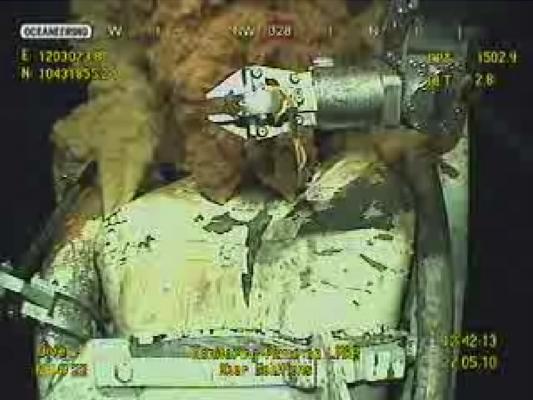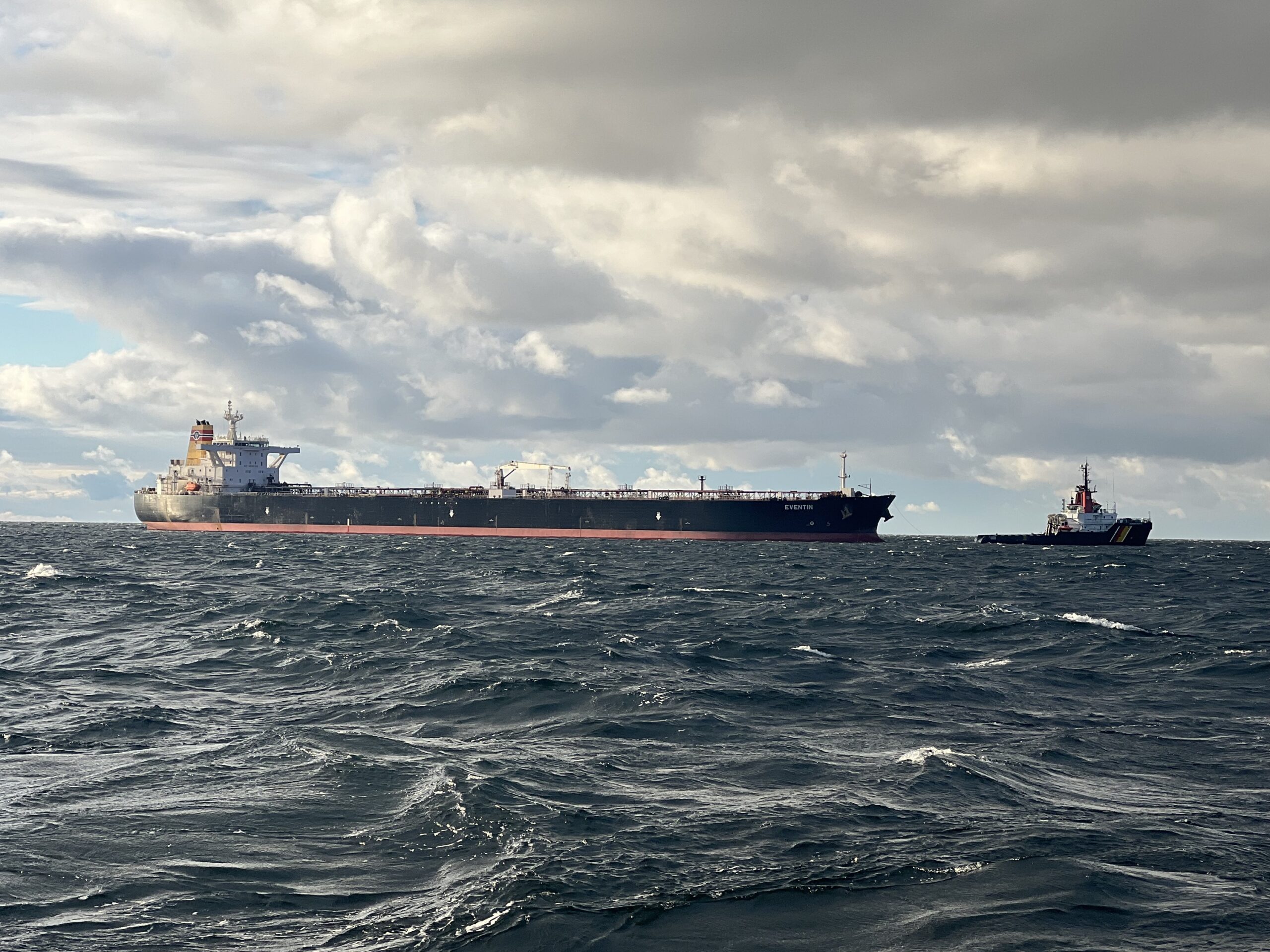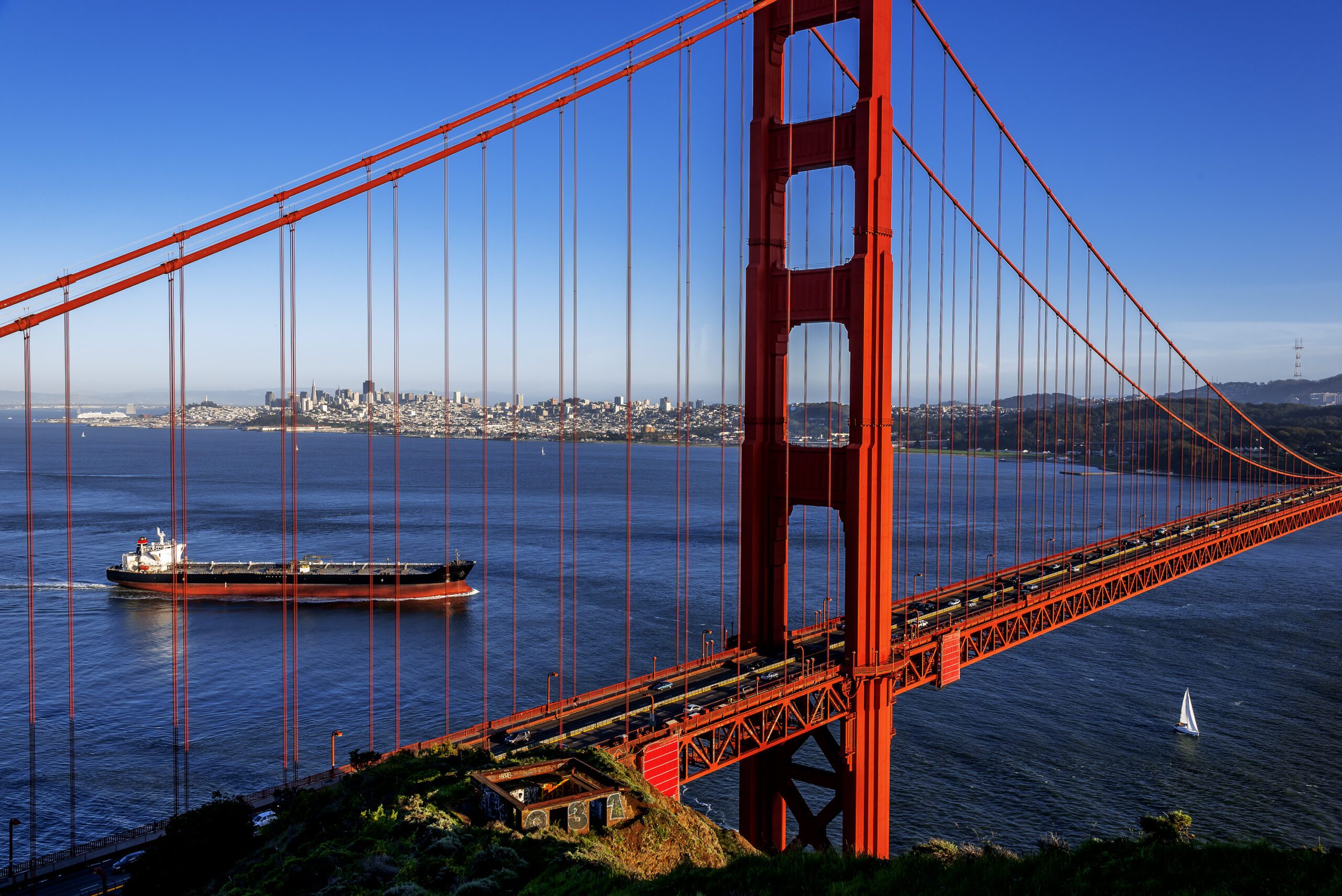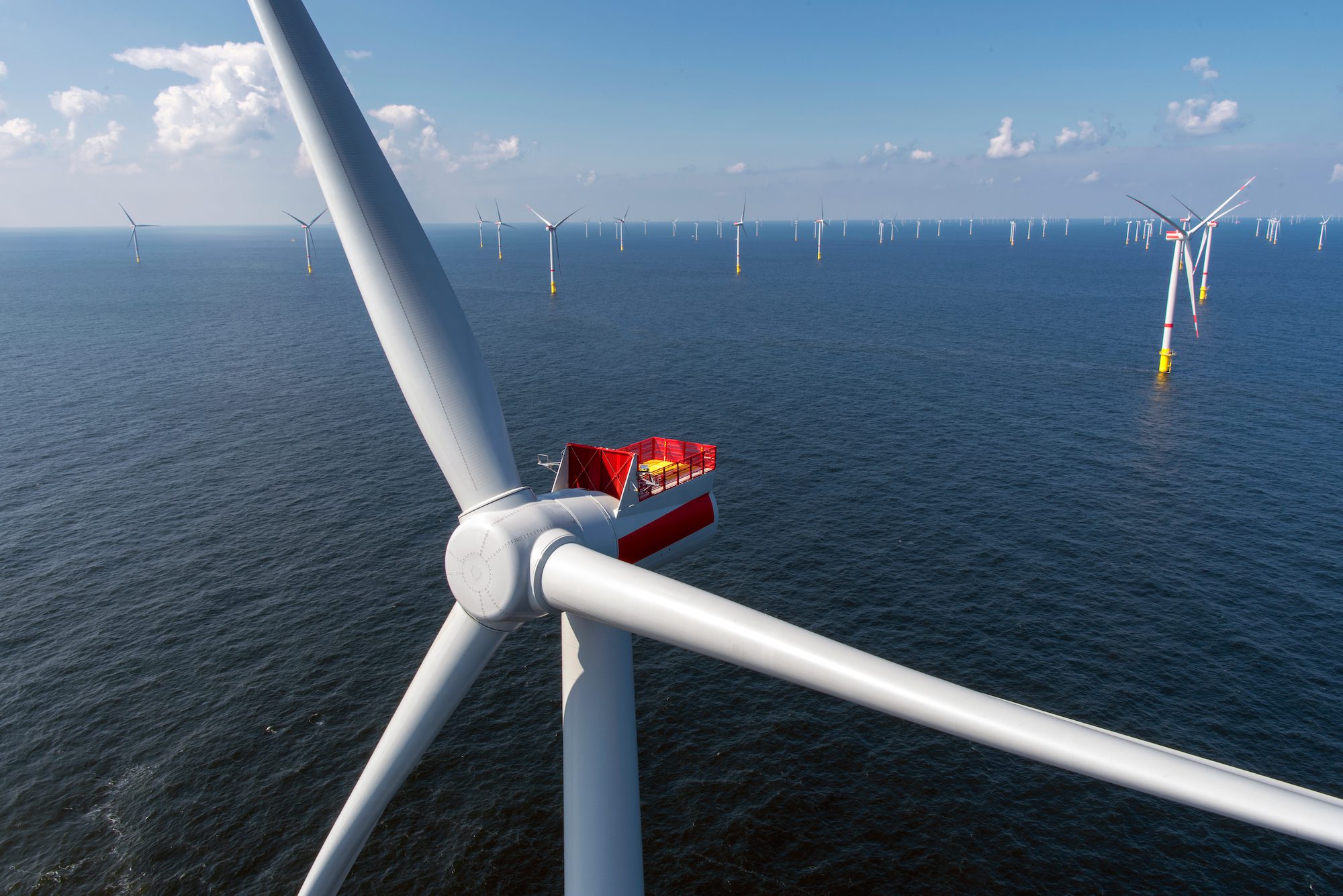
 By Kathy Finn
By Kathy Finn
NEW ORLEANS, Oct 2 (Reuters) – BP’s manager in charge of controlling the Macondo blowout in 2010 was never trained to permanently plug a ruptured oil well and said in court on Wednesday the British company was not fully prepared for the worst offshore oil spill in U.S. history.
On day three of the second phase of a federal trial in New Orleans over the accident in the Gulf of Mexico, BP’s James Dupree also said “yes” when asked if the company was “starting from scratch” when it scrambled to stop the leak.
The U.S. District Court trial could lead to fines of more than $17 billion.
BP lawyer Mike Brock sought to show the company was as well-prepared for the leak as any other firm. He also emphasized that equipment needed to cap the well was not readily available in the industry at the time.
The plugging approach that eventually worked after millions of barrels of oil leaked over 87 days, a “capping stack,” took weeks to build. Capping stacks have since become crucial pieces of equipment standing by for emergencies in the Gulf as the government has tightened safety and environmental standards.
“I had no formal training in well-kill operations,” Dupree told the court, referring to the operation of plugging a well. He called the blowout an unprecedented worst-case scenario. “We didn’t have the equipment to attack a Macondo-type event, that’s why we had to engineer so many things on the fly.”
“We didn’t have the preparations we have today,” he said.
The company’s lawyers also sought to reject a central argument made by plaintiffs – which include the U.S. government, Gulf states and former contractors Transocean and Halliburton Co – that BP’s estimates of the size of the leak were unsubstantiated and complicated efforts to control the well.
Internal company emails presented at the trial have shown BP saying publicly that 5,000 barrels of oil a day were leaking into the ocean when it knew up to 100,000 barrels a day could have been leaking.
Dupree said his team was nearly sure at one point that an early capping attempt known as a “top kill” was working – only to be dealt a stinging setback when they realized the well was still gushing.
“We thought we had killed the well…There was a celebration in the room,” he said.
After the failure of the top kill, which pumped heavyweight drilling mud into the well and then put junk material on top of it, BP became concerned that too much weight would cause the well to breach.
That prompted them to scrap another option, known as “BOP on BOP,” that would have put a blowout preventer on top of a similar device.
Plaintiffs have suggested “BOP on BOP” would have ended the leak sooner than the capping stack BP finally installed.
Dupree said safety was a concern when responding to the blowout that killed 11 men.
“I’m really proud of my team,” Dupree said. “We executed all those operations and nobody else got hurt,” he told the court.
BP’s team stressed that the company’s actions during the spill response were coordinated with the approval of government officials and that many of its team members were trained to control wells.
Asked if BP was prepared, Lars Herbst, a top regulator for the Gulf, said he believed the company was “prepared to initially respond” to the blowout and later on “technology and procedures were developed to address that situation.”
FINES HANG IN BALANCE
This phase of the trial, expected to last a month, covers how much oil spewed from the well and whether efforts to stop it were adequate.
In the costliest scenario, the fines under the Clean Water Act could top $17 billion – an amount beyond the $42 billion BP has set aside for clean-up, compensation and damages.
The company has shed about $39 billion in assets to cover most of its provisions. But damages could rise and BP shares have lost a third of their value since the disaster, partly because of uncertainty over future fines.
The first phase of the trial, which wrapped up in April, looked at dividing blame among BP and its contractors; Transocean owned the drilling rig and Halliburton did cement work on the well.
The U.S. government says 4.9 million barrels were spilled, while BP says 3.26 million barrels leaked. Both those totals include 810,000 barrels that were collected during clean-up that the judge has agreed to exclude.
Under the Clean Water Act, negligence can be punished with a maximum fine of $1,100 for each barrel of oil spilled; a gross negligence verdict carries a potential $4,300 per barrel fine.
If the court judged the spill to have been 4.09 million barrels – the government’s estimate less oil recovered – the price of negligence could reach $4.5 billion. Gross negligence could run to $17.6 billion.
U.S. District Judge Carl Barbier has said he will not assign penalties for BP until the third phase of the trial, expected early next year.
The case is In re: Oil Spill by the Oil Rig “Deepwater Horizon” in the Gulf of Mexico, on April 20, 2010, U.S. District Court, Eastern District of Louisiana, No. 10-md-02179.

 Join The Club
Join The Club











